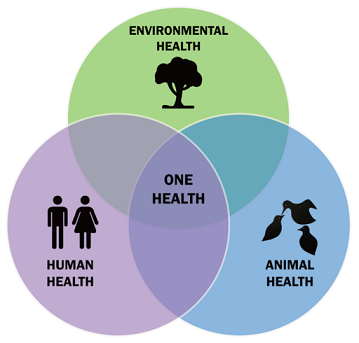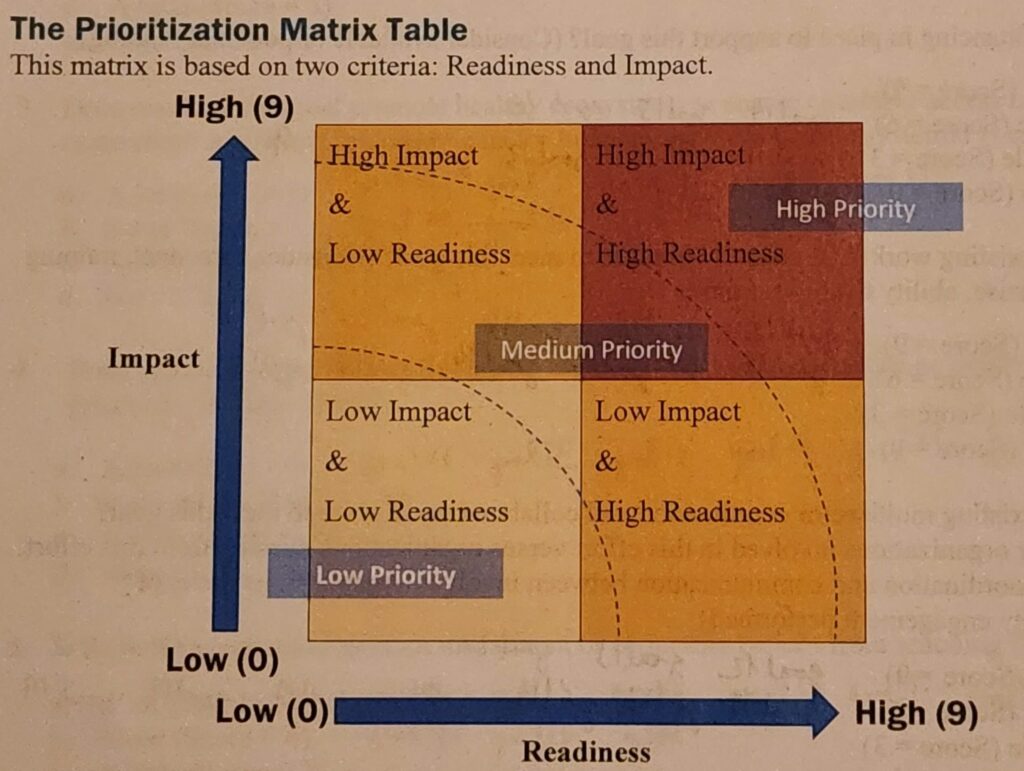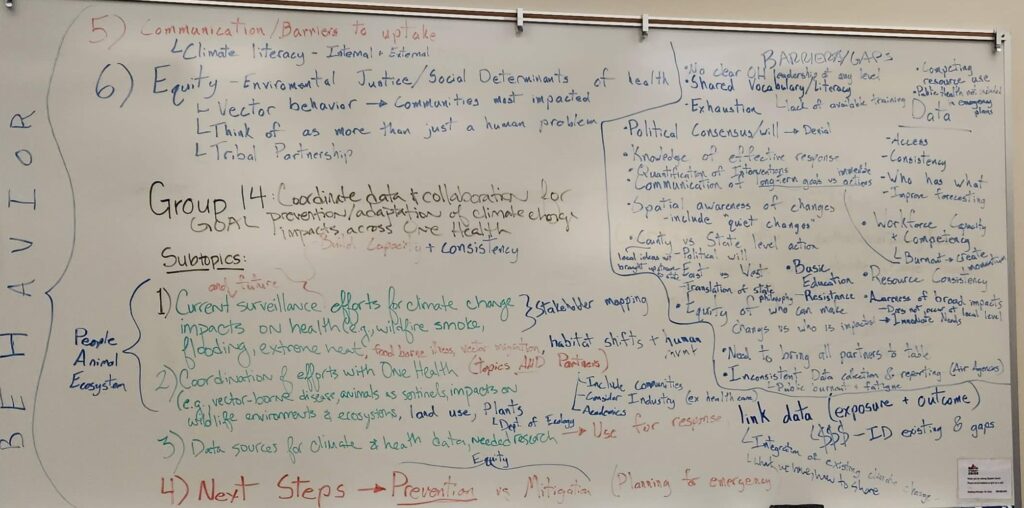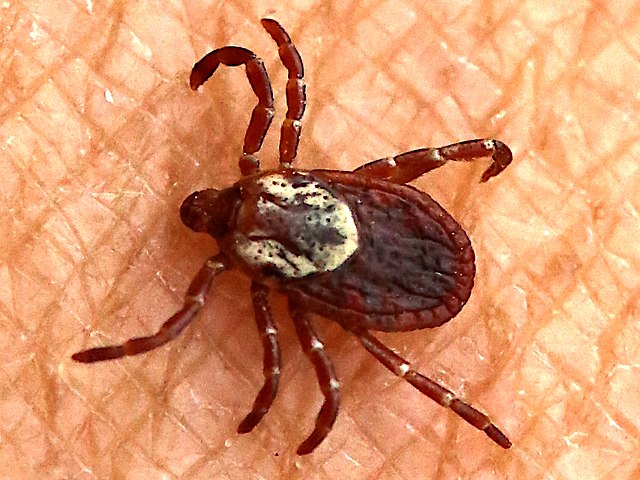
[ad_1]
Krisztian Magori, an Associate Professor on the Department of Biology at Eastern Washington University, displays on the advantages of attending workshops to maintain up with novel analysis and develop connections with the skilled group.

This Winter, I obtained an invite to take part in a One Health Assessment Workshop organized by the Washington State Department of Health (WADOH). According to the CDC, One Health is:
“…a collaborative, multisectoral, and transdisciplinary approach — working at the local, regional, national, and global levels — with the goal of achieving optimal health outcomes recognizing the interconnection between people, animals, plants, and their shared environment.”
The objective of this two-day workshop was to convey collectively practitioners throughout the human, animal and environmental well being sectors, develop new collaborations and partnerships between them, perceive the advantages and boundaries to progress in One Health, and get their enter in prioritizing One Health wants. The end result of this workshop will probably be a written report due this summer time that can information funding, program actions and coverage choices.
The organizers succeeded in bringing collectively a wide selection of about 100 professionals throughout many sectors of One Health in Washington State. In addition to employees from WADOH, these included epidemiologist from native well being departments, employees from related State businesses equivalent to Washington Department of Fish and Wildlife, professionals working at Mosquito Control Districts, veterinarians working in varied roles throughout the state, and teachers from a number of establishments, equivalent to University of Washington One Health Center and from the Washington State University College of Veterinary Sciences.
After a couple of brief introduction slides, we had been instructed to pick out one out of 10 working teams with completely different pre-defined matters, equivalent to antimicrobial resistance, reducing contaminants, or catastrophe preparedness, and many others. On the primary day, I chosen “Improving vector surveillance data practices”, in fact. Students from varied establishments guided us by means of a course of primarily based on the One Health Theory of Change. We mentioned each the boundaries and weaknesses, and the power of present assets and greatest practices. We then brainstormed targets for enhancing the implementation of the subject and had been pressured to choose a single objective. For instance, in our group, we recognized group constructing as a important want, which is able to facilitate extra advantages, equivalent to knowledge sharing between stakeholders in vector surveillance. We additionally designated WADOH because the company that ought to lead the cost on this group constructing.

The prioritization desk we used on the workshop
After lunch, facilitators from every of the ten teams shared what they discovered from the contributors at every of their desk. An overarching theme was the necessity to construct group, and the necessity for extra funding to assist One Health collaboration and practices. The viewers was invited to remark and ask questions, however it was laborious to replicate on a selected subject primarily based on simply these summaries. At the tip of this session, we had been supplied with an “in-class activity” sheet to rank every of the ten matters that was mentioned by way of impression of the objective that was recognized by the working group, and our perceived readiness to implement that objective. Once we calculated our scores for every objective corresponding to every subject, we had been requested to mark these alongside the 2 axes of impression and readiness. We capped off the day by constructing extra group over dinner!

A pattern of dialogue notes on local weather change and well being from the workshop
On the second day, we listened to a few wonderful displays (together with one on making use of the determinants of health framework to wildlife health) and continued with the same evaluation for an extra 10 matters. This time, I selected “Coordinating climate change and health and One Health efforts”. I discovered at this desk that local weather change is already impacting One Health in Washington State. One employees member from a Local Health Jurisdiction said that almost all of their emergencies are local weather associated. At the identical time, others talked about how local weather change can’t be talked about in different components of the State with out risking public resistance. The must coordinate was once more highlighted, as there are numerous separate knowledge sources about local weather, well being and the setting throughout the State, however not even a single checklist of such knowledge sources exist. The lack of skill to attach these disparate knowledge sources makes it troublesome to attract any connections between local weather change and well being. One answer urged was to create a Climate Health knowledge software that will enable researchers to foretell the projected impression of local weather change on well being primarily based on completely different eventualities. Overall, coordination and group constructing of stakeholders was once more recognized as probably the most important objective.

Female Dermacentor variabilis
Overall, I very a lot loved taking part on this workshop, studying new issues and assembly new folks, and I very a lot recognize being invited by the organizers. It was form of a unbroken training alternative for me. For instance, I discovered that one of many native tick species I routinely accumulate with college students, is definitely a unique tick species than what we had been pondering all alongside. Dermacentor variabilis (the American Dog tick), is the commonest three-host tick species within the United States. Previously, it was although to have a bimodal distribution, widespread within the Eastern US, but additionally current in pockets within the Western US, together with my space. Lado et al. not too long ago printed a paper designating the ticks discovered within the Western US as a brand new species, referred to as Dermacentor similis, primarily based on each molecular and morphological variations from Dermacentor variabilis discovered within the Eastern US. Had I not gone to this workshop, I most likely wouldn’t have heard about this growth, and would have taught outdated data to my college students. Recognizing these ticks as a brand new species will additional elevate questions of vector competence, as they may transmit different pathogens than Dermacentor variabilis.
While most of the working teams recognized WADOH because the company to guide the recognized targets on most One Health matters, equivalent to group constructing, employees at WADOH made clear on the finish of the workshop that they don’t have the assets or manpower to try this. Instead, they turned that process again to us, the group of pros, to choose up the mantle and take cost, together with securing funding for our targets. As they are saying, “the cavalry isn’t coming”, and “we are the cavalry”. The workshop additionally efficiently jogged my memory of why I do what I do, and that I do have a group of different professionals throughout the State who share my ardour and targets in working in the direction of defending the well being of individuals, animals, vegetation and their setting by means of a One Health framework. Keeping up-to-date with analysis is difficult, particularly for mid-career professionals working at primarily teaching-focused establishments, and alternatives like this workshop, and sources equivalent to Bugbitten, present a useful service for that!
[adinserter block=”4″]
[ad_2]
Source link